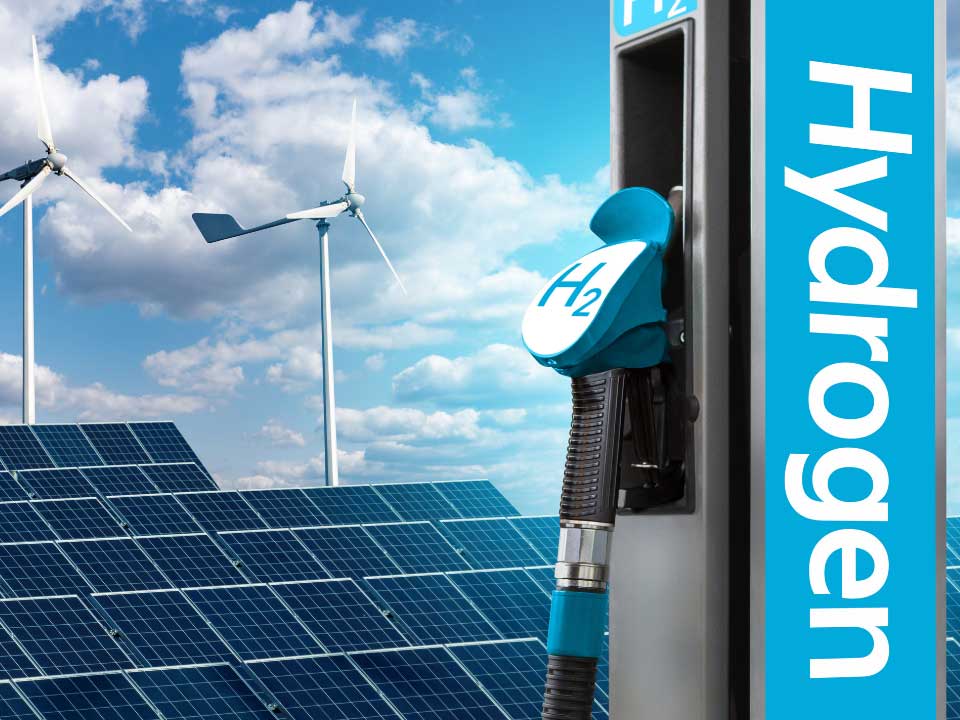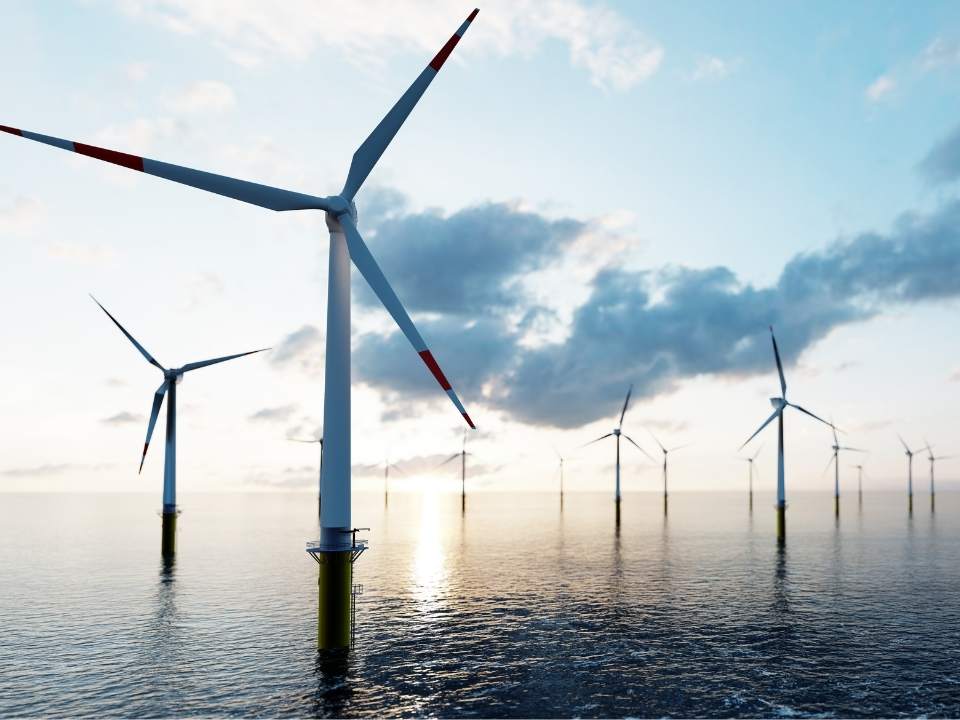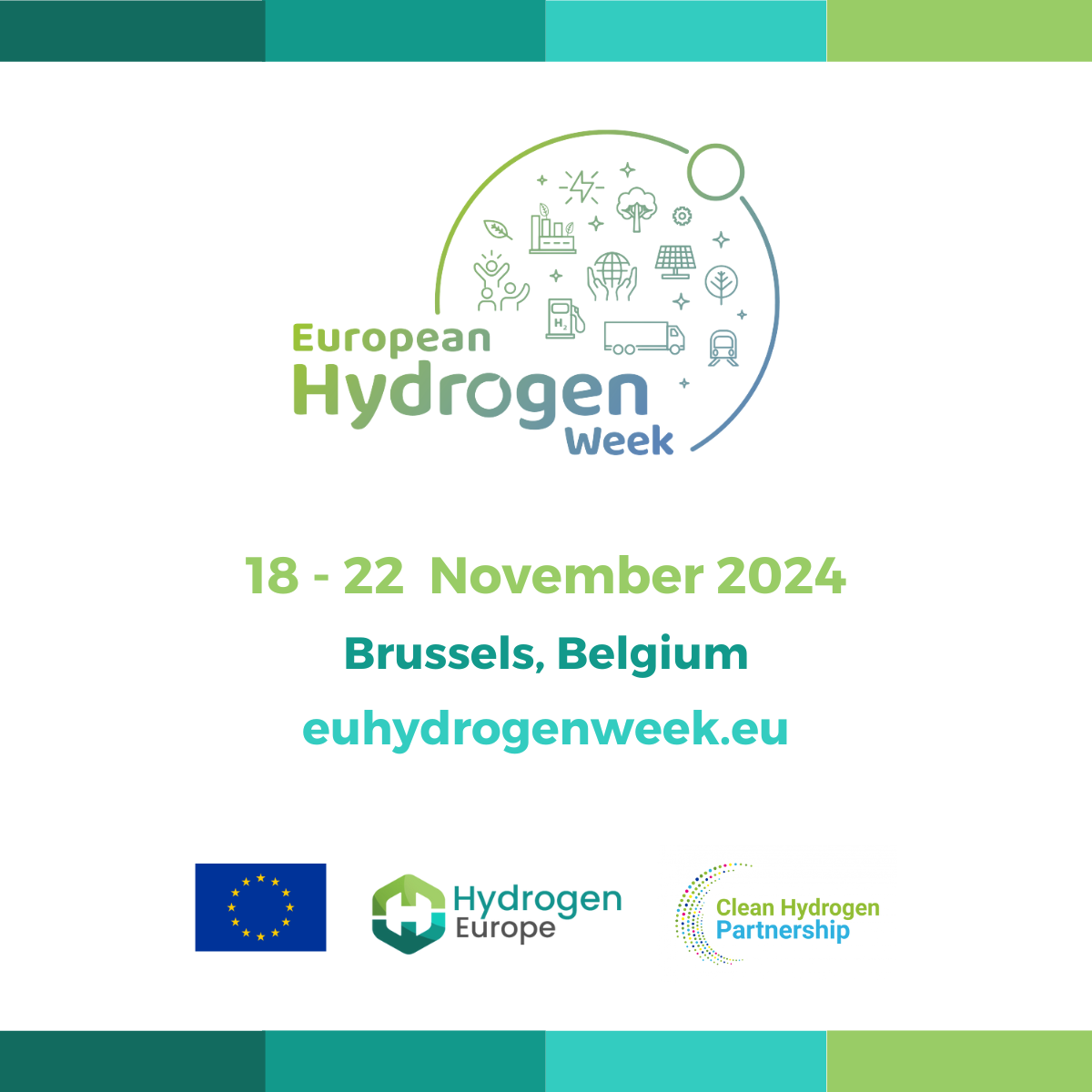
Qair to triple Iceland HRS capacity
13 February 2023
Gasunie plans North Sea green H2 network
14 February 2023The European Commission has finally published the long-awaited delegated act on additionality. The definition is key for determining compliance with the proposed targets in the Renewable Energy Directive, targets that would see industry and transport sectors progressively replace grey hydrogen with green hydrogen as well as creating new markets.
It has taken over 3 years for the European Commission to provide a framework that defines renewable-based hydrogen and hydrogen-based fuels. The process has been lengthy and bumpy, but the announcement is welcomed by the hydrogen sector, which has been eagerly waiting for the rules to be set so that companies can finalise investment decisions and business models.
Jorgo Chatzimarkakis, Hydrogen Europe CEO’s, said: “A far-from-perfect regulation is better than no regulation at all. At last, there is clarity for industry and investors and Europe can kick-start the renewable hydrogen market. This comes at a critical time, with the USA setting a very high benchmark with their Production Tax Credits, offered under the Inflation Reduction Act, attracting more and more investments towards their clean hydrogen market’’.
This new regulation mandates that renewable hydrogen be produced exclusively with additional renewable power plants, and that the hydrogen only be produced during the hours that the renewable energy asset is producing electricity (hourly temporal correlation), and only in the area where the renewable electricity asset is located (geographical correlation). These strict rules can be met but will inevitably make green hydrogen projects more expensive and will limit its expansion potential, reducing the positive effects of economies of scale and affecting Europe’s capacity to achieve the goals set in RepowerEU. The role of governments will be crucial in supporting this sector and closing the price gap between renewable and conventional hydrogen.
“Thanks to the commitment of the European Parliament, many parameters have been substantially improved,” said Chatzimarkakis. “The European Commission will carry out a review process by 2028 on the introduction of hourly temporal correlation from 2030, and so could possibly avoid treating renewable hydrogen unequally to any other electricity-consuming sector,” he added.
Importantly, the regulation also comes with a transitional period, allowing first movers to be exempted from additionality until 2038 for installation commissioned before 2028, something very much needed to kick start the sector.
You can read the Delegated Act text here.



